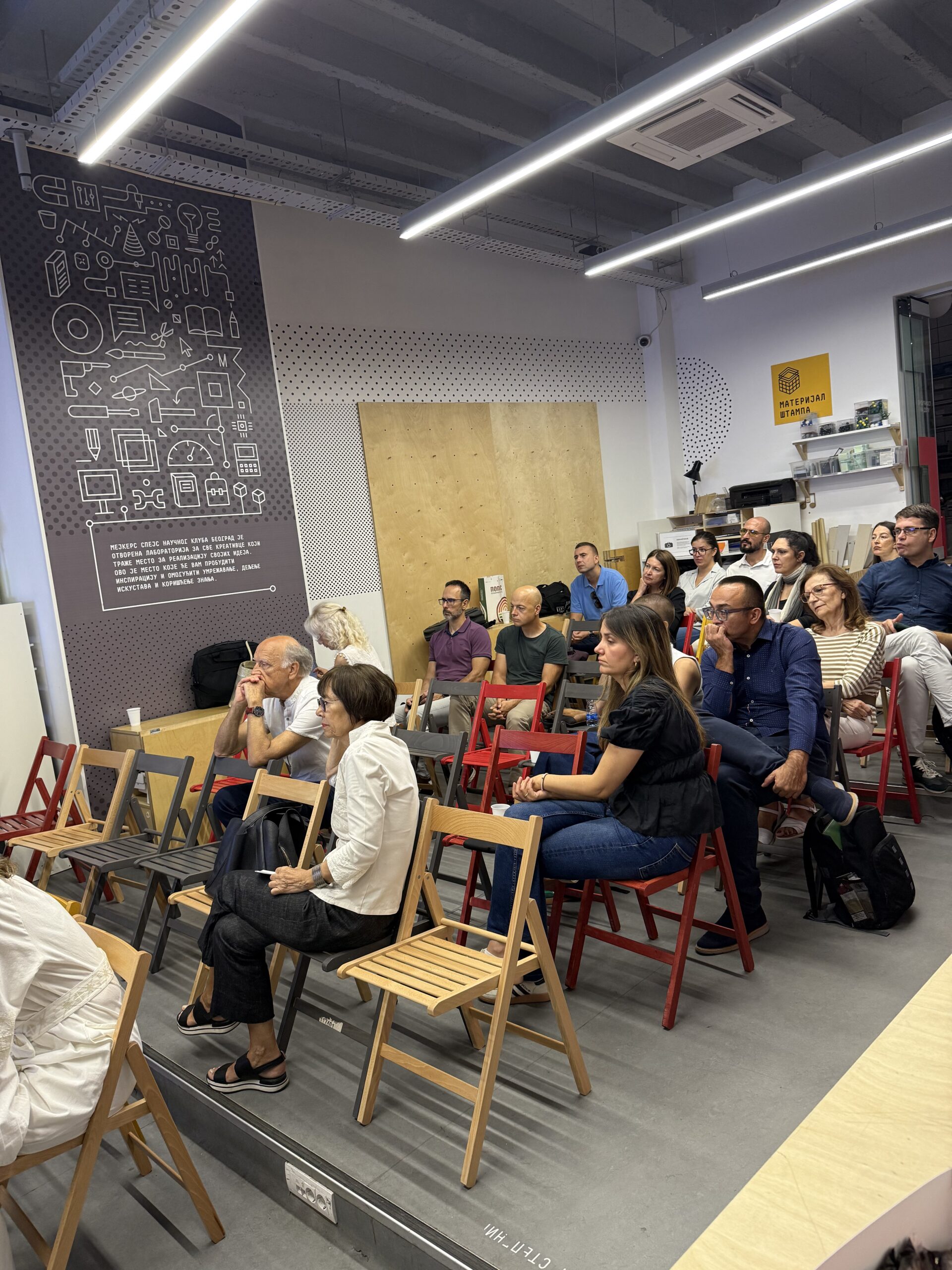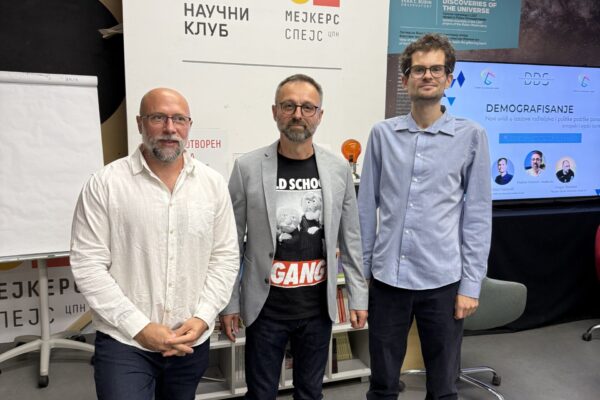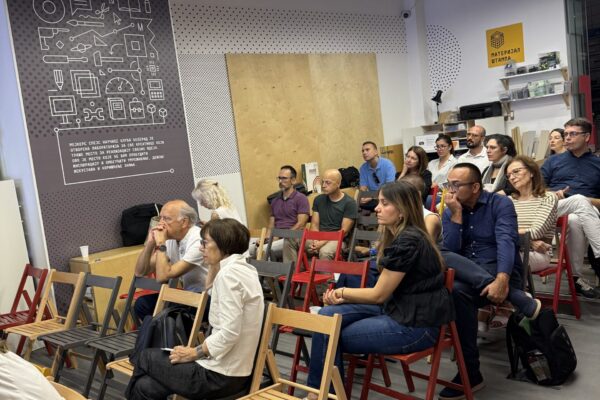The eleventh Demographic Forum, organised by the Association of Demographers of Serbia, took place live at the Science Club, Center for the Promotion of Science, on Monday, September 22, 2025.
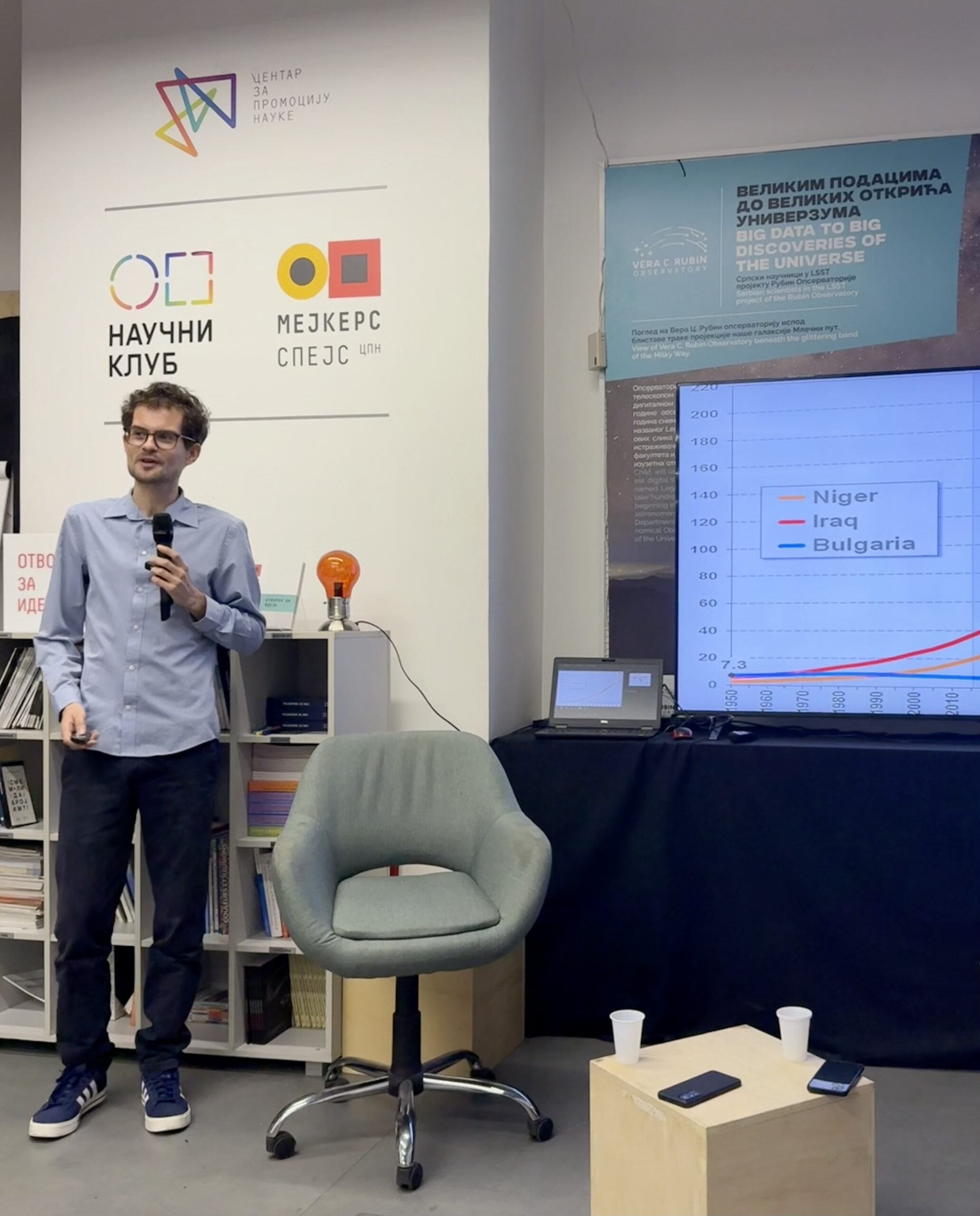
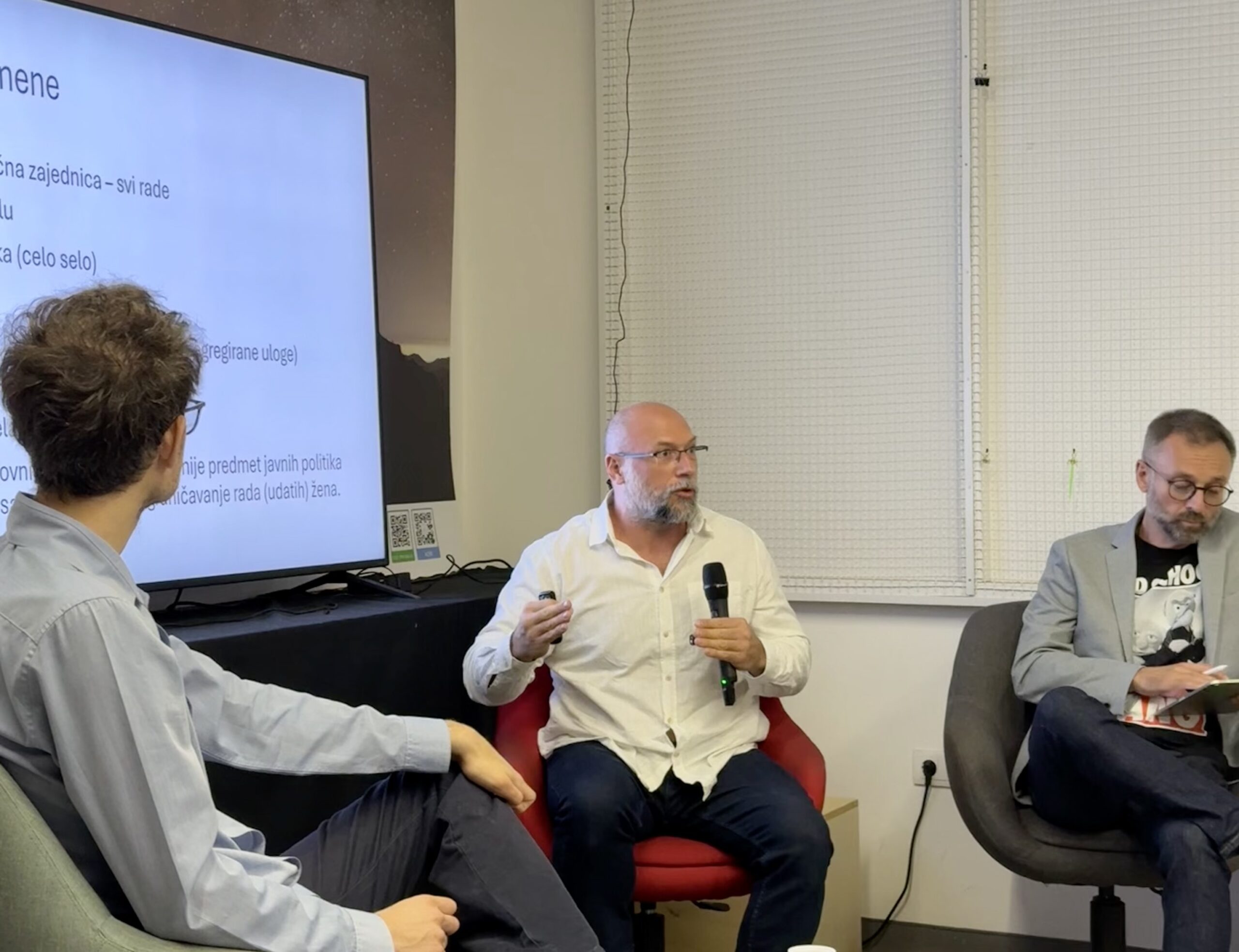
Following the initial presentations, the panellists addressed questions posed by the moderator, focusing on themes raised during the lectures.
Kristijan Fidanovski provided his perspective on the meaning and results of pro-natal policies in Central and Eastern European countries. Dragan Stanojević elaborated on the challenges men face in balancing the roles of breadwinner and engaged father, discussing ways in which men can participate in family life while maintaining their professional identity.


